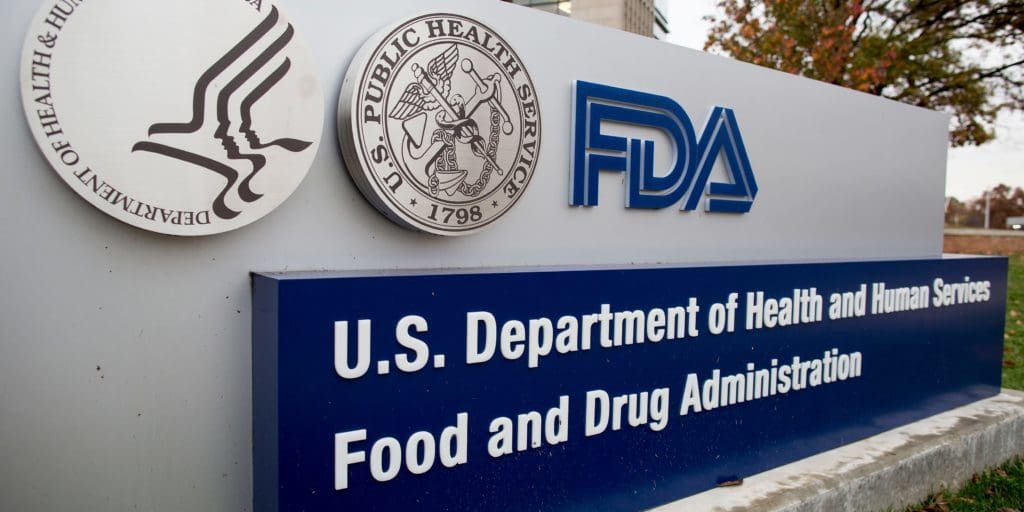Ahead of FDA pet food event, some hyperbole, drama, and misinformation
*This story has been updated.
Tomorrow afternoon, the FDA’s Center for Veterinary Medicine (CVM) will host a much-anticipated listening session focused on pet food regulation. Although CVM Director Dr. Steven Solomon and other FDA officials will be present, spokesperson Anne Norris said in an email, that only “some” would be appearing on camera without specifying further. FDA officials will also not be taking questions nor will there be any kind of live question-and-answer portion. Not to suggest that the content will be entirely dull:
Among the individuals on tomorrow’s agenda is sensational blogger Susan Thixton. “Pet owners deserve to know if they are buying a pet food that contains an ingredient sourced from a filthy, putrid, decomposed, diseased and/or non-slaughtered animal,” Thixton ranted on her blog in a 2020 post.
On the other end of the credibility spectrum, tomorrow’s agenda also includes renowned veterinary professor Sharon Center, who specializes in liver function and disease, and is probably one of the world’s best authorities on aflatoxin poisoning in dogs. This year, pet food manufacturer Midwestern Pet Foods, Inc. delivered the deadliest aflatoxin pet food recall on record. (Also see this primer on aflatoxicosis from New York City’s Animal Medical Center’s Dr. Ann Hohenhaus.)
On its website, the FDA describes tomorrow’s event this way:
“The virtual listening session is an opportunity for stakeholders – consumers, industry, interest groups, academia, and others – to share information and feedback that they feel is relevant to FDA’s oversight of pet food. The Agency would like to gather information and better understand various perspectives on topics such as the FDA’s oversight of pet food labeling, ingredients, contaminants, and safety to help inform resource allocation and any potential future policy development process.”
Although the event was first announced on August 11, a “draft agenda” for tomorrow’s schedule, including speakers, was not published until approximately 3:45 p.m. ET Thursday, September 23, on the eve of the scheduled session. According to one FDA official, the agenda was delayed because several individuals who registered to make presentations had yet to turned in slides or any other presentation materials.
The Agency has been soliciting comments from the public ahead of tomorrow’s session. There were 20 comments posted as of Thursday evening. In keeping with the sometimes-volatile tenor of petfood conversation, the docket offers a colorful cornucopia of pet food hot topics, including at least five comments alleging that the FDA has been conducting “private” meetings with pet food industry stakeholders who are part of AAFCO (the Association of American Feed Control Officials), a “voluntary membership association of local, state and federal agencies,” AAFCO’s website says.
A comment posted to the docket by someone who identified himself as “Harry Duty” for example, asks in part:
“Why is FDA still refusing to hold PUBLIC MEETINGS to promulgate these regulations publicly, and why does FDA CONTINUE TO PARTICIPATE in this process PRIVATELY via the private corporation AAFCO? Why are you still participating in AAFCO…”
An individual who identified himself as Ronald Brock offered this, in part:
“FDA-CVM and its employees should hold PUBLIC REGULATORY MEETINGS, not only one random public “listening session”, and promulgate actual regulations publicly. So far, FDA-CVM refuses to do this when it comes to animal feed and pet food ingredients. Why is FDA so against public regulatory meetings?”
Nonetheless, that an inflammatory blogger like Susan Thixton was able to attend AAFCO meetings regularly – that is, up until she became a plaintiff in litigation against the group – shows, in fact, that AAFCO is relatively open and accessible to any member of the public. *Soon after this story was published, TCR heard from Ms. Thixton who said, “I’ve never been involved in any way in any lawsuit against AAFCO. They did accuse me of that, but the accusation was not true. I emailed the AAFCO attorney – which happens to be the same attorney for the trade association AFIA – but he would not respond to my emails (asking for their evidence for the claim).” TCR subsequently reached out to AAFCO for a response to Ms. Thixton’s statement and have not yet heard back. Regardless of AAFCO’s response, however, it should be underscored that TCR violated its policy of always seeking comment. We should have reached out to Ms. Thixton before going to press. We regret the error and we apologize.*
Other comments on the docket call on regulators to require more disclosures on pet food packaging. “Stop allowing pet food ingredients to be sourced from condemned diseased animal carcasses and non-slaughtered animal carcasses,” an individual who identified himself as “John Elicker” wrote.
Meantime, in the fact-based world, the law appears to require that pet foods meet a standard of safety: “The Federal Food, Drug, and Cosmetic Act (FFDCA) requires that all animal foods, like human foods, be safe to eat, produced under sanitary conditions, contain no harmful substances, and be truthfully labeled.”
“I’ll be the first to say that there is a lot of room for improvement,” a veterinary professional commented by email for a related story, “in terms of not necessarily regulation, but enforcement,” she said. “But more often than not, the issues are with small companies that spend more money on marketing than they do formulation (see: DCM),” she added, referring to diet-associated dilated cardiomyopathy in dogs.
For more on DCM: https://vetnutrition.tufts.edu/2021/09/diet-associated-dcm-research-update/

